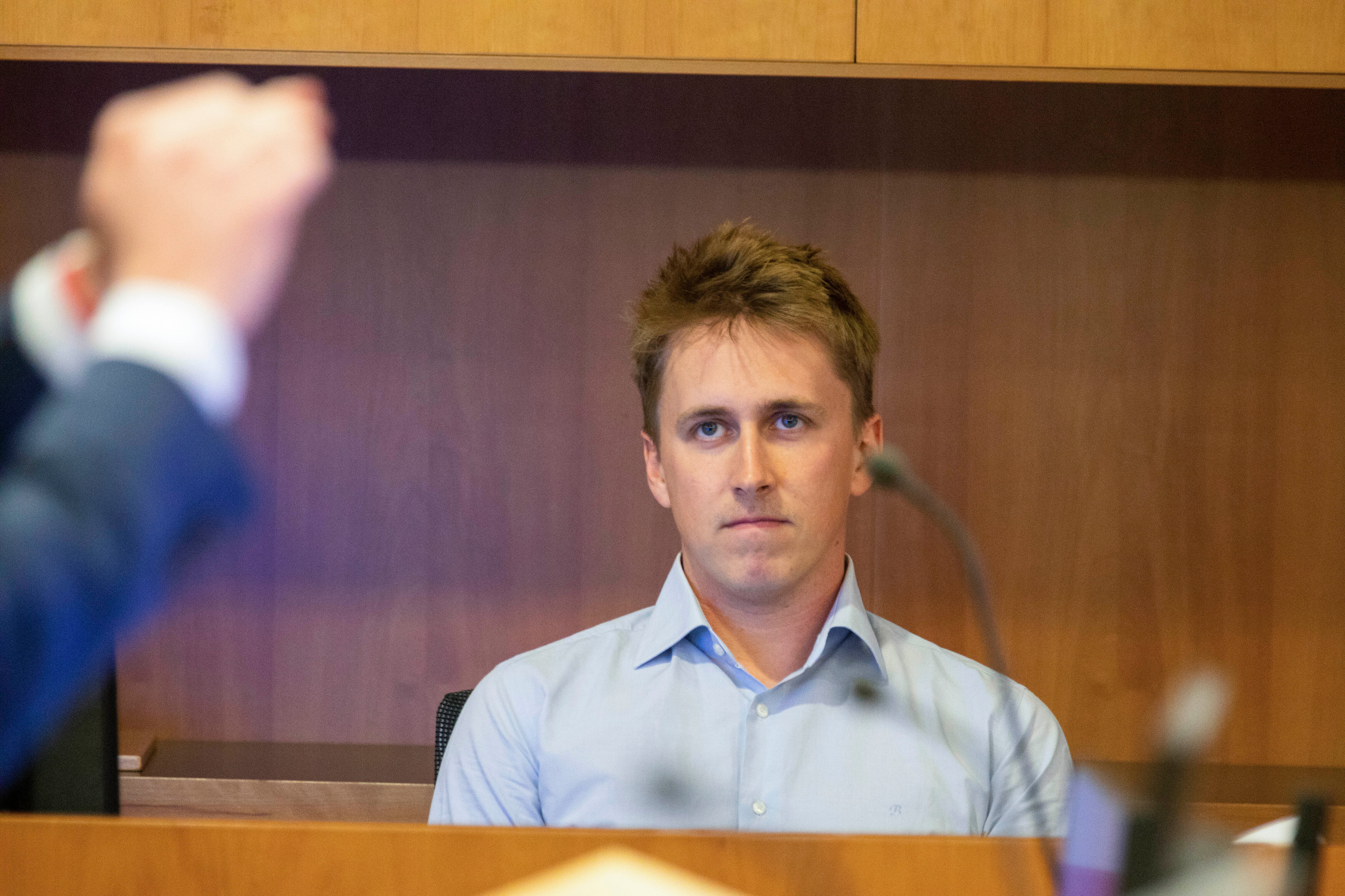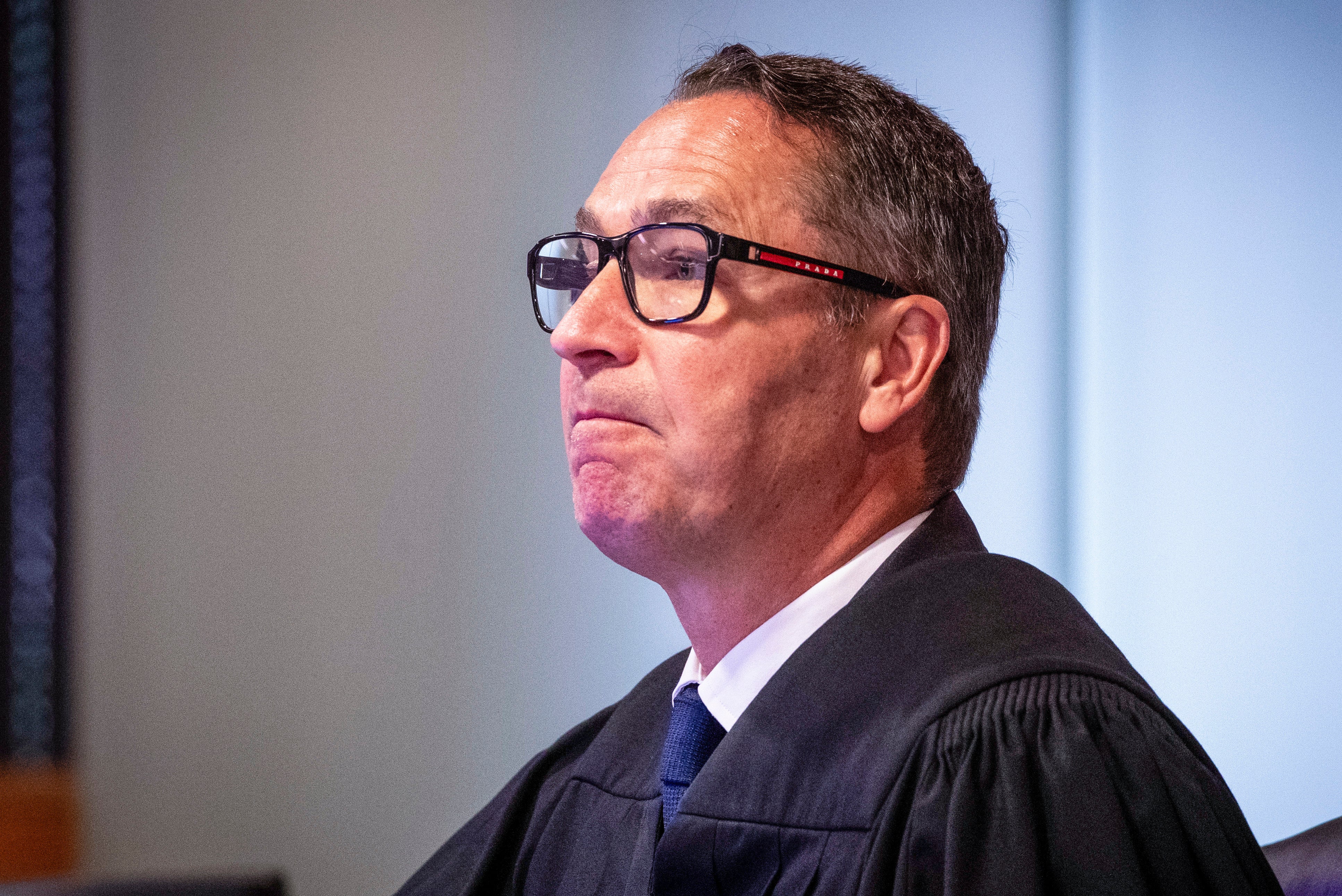A judge is to finally decide whether the owners of an island volcano suffered a miscarriage of justice when their company was convicted of failing to keep visitors safe following an eruption that killed 22 tourists and local guides in 2019.
A three-day appeal by the owners’ company ended on Thursday. Judge Simon Moore told the High Court in the city of Auckland that he would reach a decision before the end of the year.
The case hit global attention when it was featured on a Netflix documentary last year.
It has far-reaching implications and has already changed the laws governing New Zealand’s adventure tourism industry, which is often based around outdoor thrills on or around the country’s many natural hazards. Operators must now take all reasonable steps to inform customers of any serious risks.
The company, Whakaari Management — run by three brothers who own the active volcano Whakaari, also known as White Island — was ordered in March to pay millions of dollars in fines and restitutions to the victims of the eruption, who were mostly U.S. and Australian cruise ship passengers on a walking tour.
Lawyers for the company filed an appeal against the criminal conviction the same month.

The case hinges on whether Whakaari Management — which granted access to the volcano to tourists and scientific groups, collecting fees for permits — should have been in charge of safety at the volcano site under New Zealand’s workplace health and safety laws.
Anyone in charge of a workplace must ensure management of hazards and the safety of all there, including at entry and exit points.
A lawyer for New Zealand’s workplace regulator, which brought the charges in a 2023 trial, told the court on Thursday that Whakaari Management’s entire business involved granting access to an uncontrollable natural hazard, and and that it should have commissioned its own risk assessments on whether tourists should be permitted there at all.
Prosecutor Kirsty McDonald agreed with the trial judge, saying the company “had a duty to ensure, as far as reasonably practicable, that the workplace it was granting access to was without risks to the health and safety of any person.”

Click Here to Read the Full Original Article at The Independent Travel…
